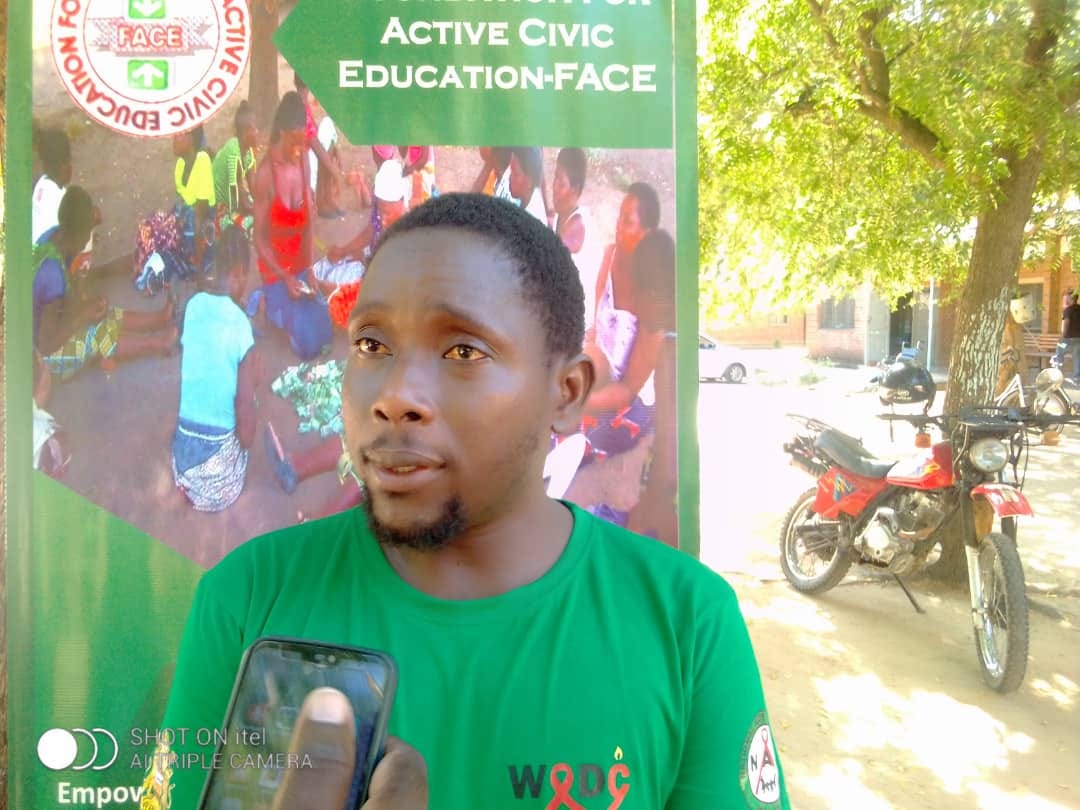Nsanje Health Officials Decry Lack of HIV/AIDS Awareness Efforts
Health experts have long emphasized the importance of sustained awareness campaigns in curbing the spread of HIV/AIDS and encouraging testing and adherence to treatment regimens.
NSANJE, Malawi - Health authorities in Nsanje district have raised concerns over the lack of involvement by non-state actors in disseminating HIV/AIDS preventive measures, which they say is fueling new infections in the area, writes Cornelius Lupenga.
Speaking on Friday at an awareness meeting organized by the Foundation for Active Civic Education (FACE) at Kalumbi dock, MacKnowledge Tembo, the District AIDS Coordinator for Nsanje, said the emerging new HIV infections pose a threat to meeting UNAIDS' goal of ending the pandemic by 2030.
"It is worrisome that there are still new HIV/AIDS infections emerging," Tembo said. "There is a shortfall of awareness on the pandemic and preventive measures."
He revealed that girls aged 15 to 25 are the most vulnerable group in the district.
Consta Nkhani, a project officer with FACE, said his organization is implementing a year-long program supported by the AIDS Healthcare Foundation (AHF) in the areas of Traditional Authorities Mbenje and Tengani. He identified Bangula, Phokera, Sorgin, and Tengani as hotspots for new infections.
"Apart from testing, AHF is also distributing condoms and self-testing kits to the communities," Nkhani said, adding that the NGO encourages voluntary HIV testing during its outreach activities.
Group Village Headman Kalumbi commended FACE and AHF for bringing HIV/AIDS prevention messages to his community, noting a recent lull in such campaigns had led some people to stop adhering to antiretroviral treatment.
"People should not be cheated by how their bodies look and stop taking ARVs," he cautioned.
According to official figures, Nsanje district has about 26,000 patients on antiretroviral treatment, with an HIV prevalence rate below 10%.
Health experts have long emphasized the importance of sustained awareness campaigns in curbing the spread of HIV/AIDS and encouraging testing and adherence to treatment regimens.



